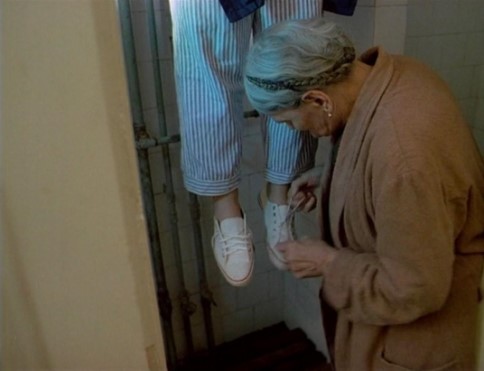Cinematic Suicide: Representations of Working Women in Yugoslav New Film
DOI:
https://doi.org/10.17892/app.2019.0009.156Keywords:
Yugoslav New Film, Novi film, socialism, representation, gender, female characters, employment, suicide.Abstract
In this article, I investigate representations of suicide committed by working female protagonists in Yugoslav New Film. My research question concerns the reasons why female protagonists, potentially empowered through their involvement in the labour force, are eventually disempowered through their suicide in the studied films. Why does the female professional sphere tend to be cinematically portrayed as either a source of peril due to sexual harassment, or a place of the most disappointing experiences ? These narratives contradict the socialist discourse of gender equality that encouraged Yugoslav women to seek employment. I look at two case studies from a critical feminist perspective formally analysing them through close reading. Ples v dežju/Dance in the Rain (Boštjan Hladnik, 1961, Yugoslavia) and Bube u glavi/Bats in the Belfry a.k.a. This Crazy World of Ours a.k.a. Bughouse (Miloš 'Miša' Radivojević, 1970, Yugoslavia) both belong to the Yugoslav New Film movement and share a theme of suicide committed by a progressive, working female character, which motivated my choice. The directors render their progressive working heroines vulnerable by transforming the strong women that they are into fragile ones, thus indirectly reflecting male masculinist hostility towards inclusion of women in the workforce. Ultimately, the portrayed suicides of progressive working heroines are a warning that a workplace is a dangerous milieu and consequently should be avoided.
Downloads
Published
How to Cite
Issue
Section
License
Copyright (c) 2019 Apparatus. Film, Media and Digital Cultures of Central and Eastern Europe

This work is licensed under a Creative Commons Attribution 4.0 International License.
The articles in Apparatus are published under https://creativecommons.org/licenses/by/4.0/ This license does not apply to the media referenced, which are subject to the individual rights owner's terms.
The authors hold the copyright without restrictions and retain publishing rights without restrictions.





